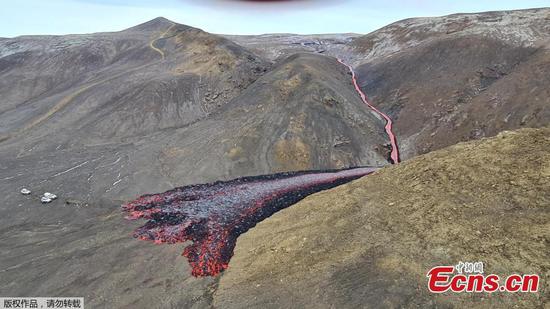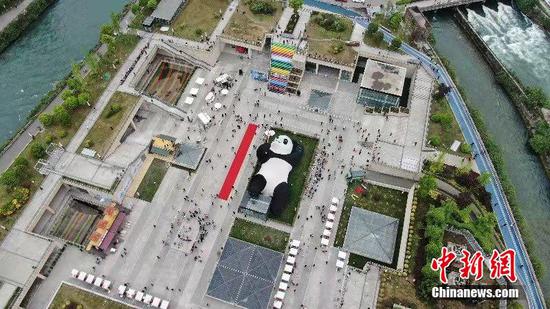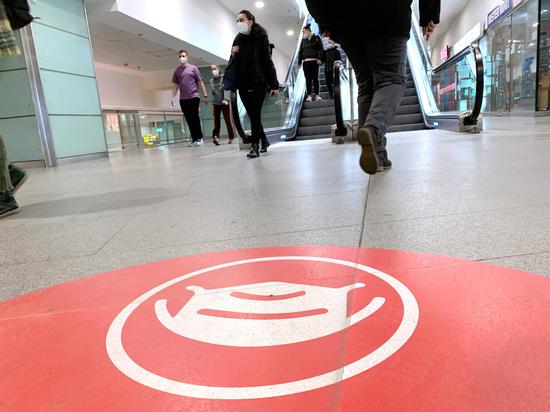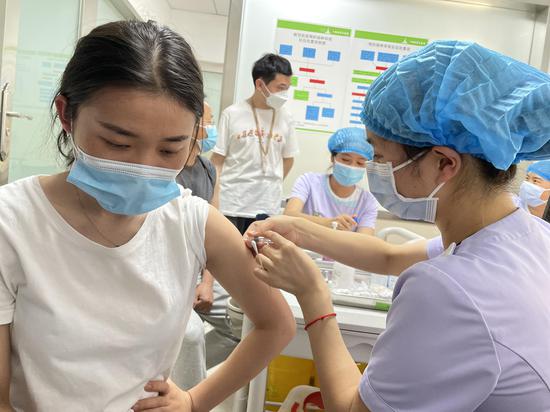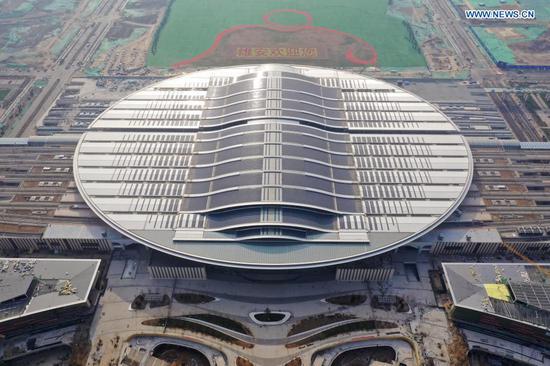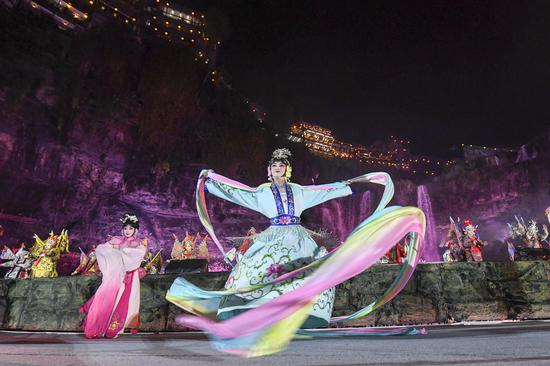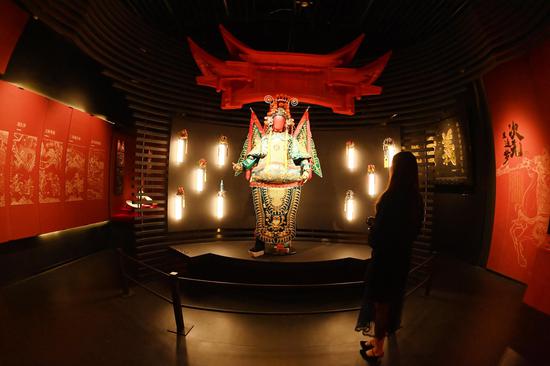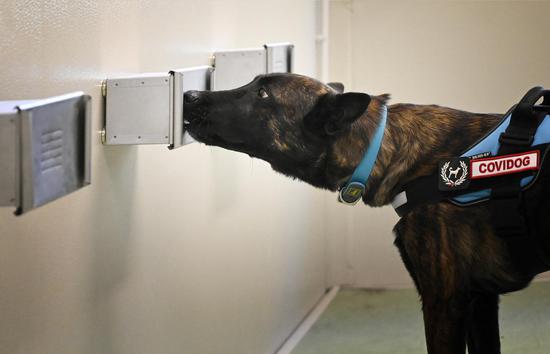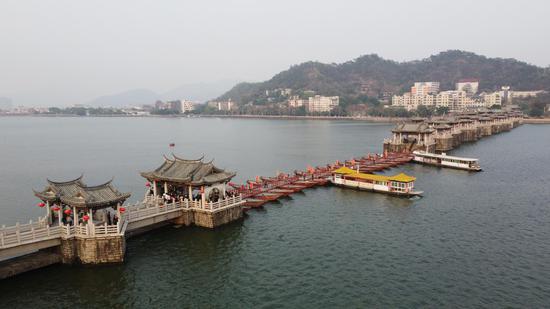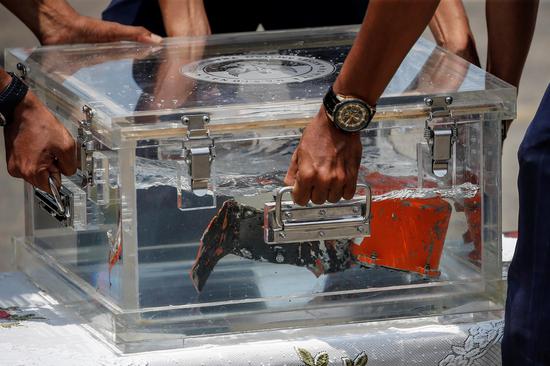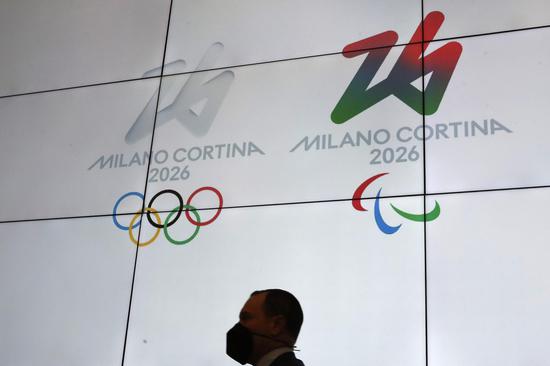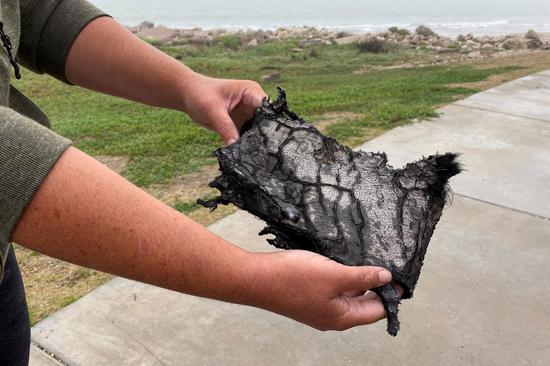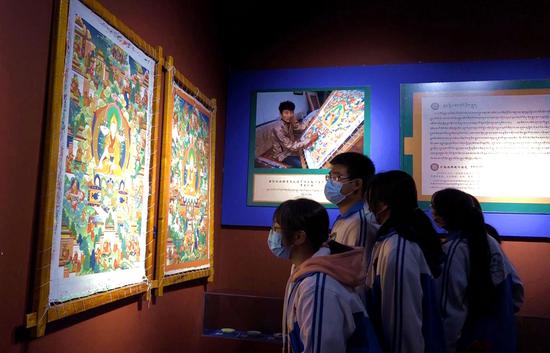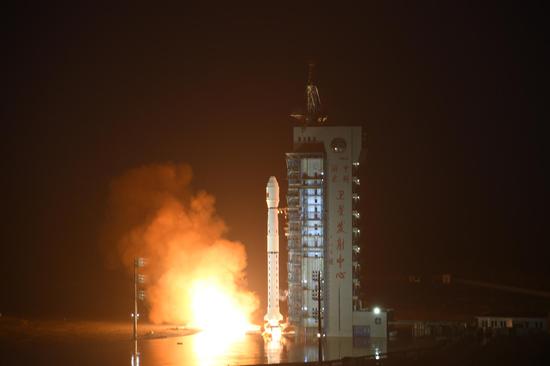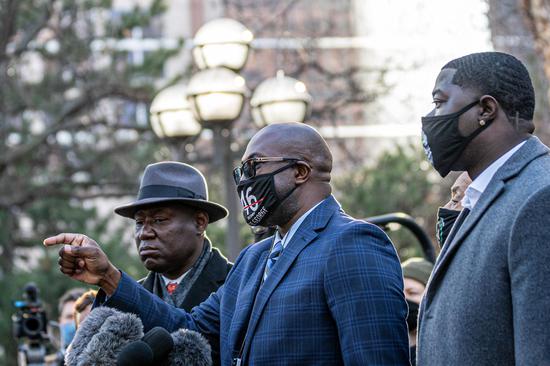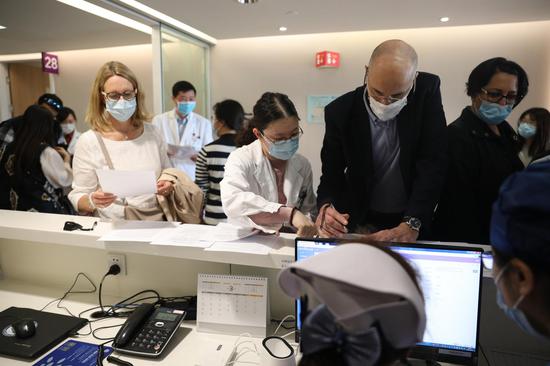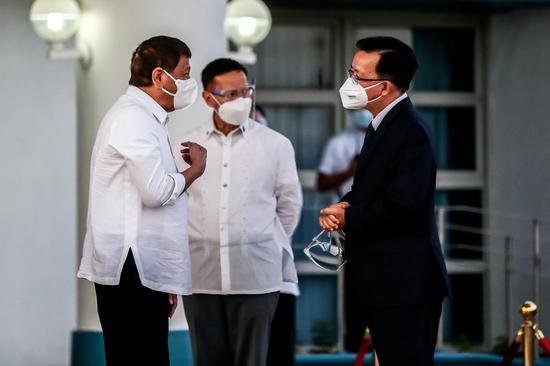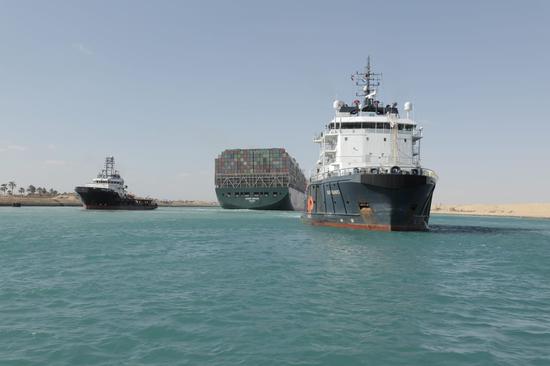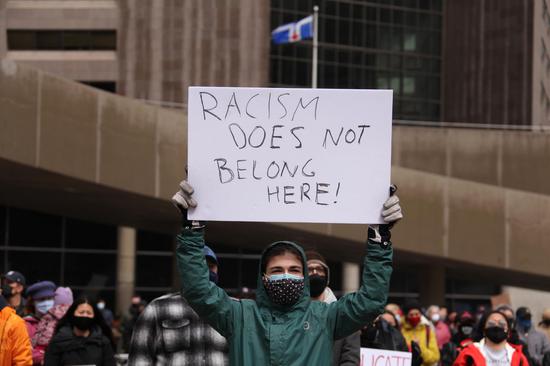Poverty identification in China has been a dynamic process, which helps ensure its preciseness, an official said Tuesday.
In China, identification of the poor is not a once-and-for-all assessment and regular adjustments are being made to make the results more precise, said Xia Gengsheng, deputy head of the national administration for rural vitalization, at a press conference.
Some 89.62 million people were identified as poor in 2014, while re-examinations were conducted between 2015 and 2016 to exclude those who had been wrongly identified and enlist those not included initially. Starting from 2017, adjustments have been made every year to improve the accuracy of the identification process.
Expounding on the process, Xia said the identification is carried out in three ways and poor households can either report their difficulties to the authorities themselves or seek help from grassroots officials, who are familiar with them, for the reporting.
Government departments would also learn about the situations of the poor through big data such as sudden changes in their medical expenditure or employment status, Xia said.
He added that a hotline has also been set up to provide assistance to those in need but not covered by the supportive policies.









